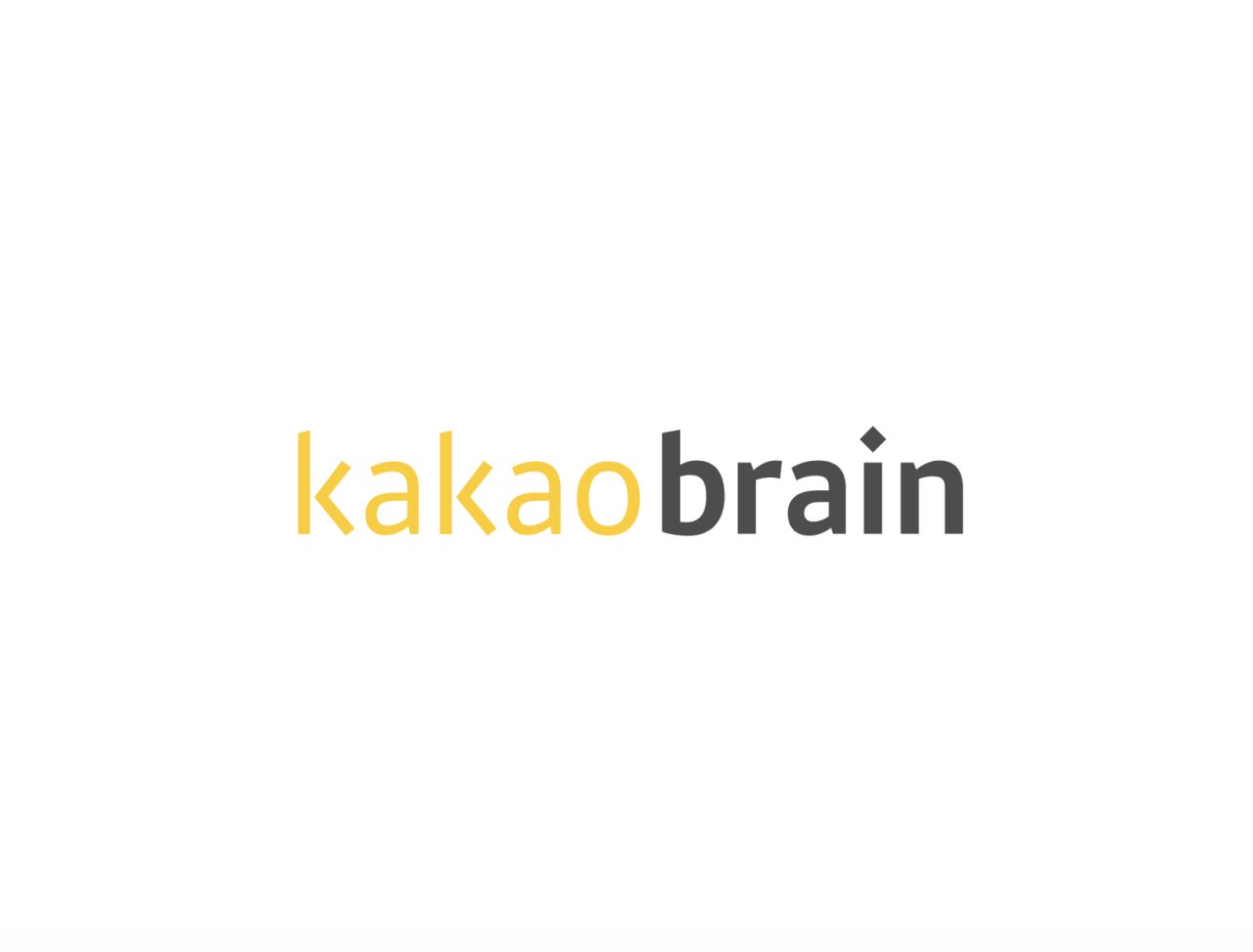
Kakao Brain, an AI technology research and development subsidiary of Kakao, said Thursday it will upgrade its Korean-language AI model to go full swing in promoting the development of local AI industry.
According to the AI company, it plans to enhance the deep learning process of KoGPT, Kako Brain’s Korean- language AI model, and make it 100 times more efficient by using Google Cloud’s supercomputer, Google Tensor Processing Unit.
Google TPU is a large-scale computing system that rapidly calculates and processes data. It is the largest deep learning super computing infrastructure in the country that is capable of carrying out one quintillion calculations in a second, the company said.
With the new system, Kakao Brain plans to improve the AI model to better understand Korean. For instance, the AI will be able to recognize sarcasm in a sentence and sort out negative online comments.
“We will be launching a ‘vision AI model’ next year as well as upgrading AI models for other languages such as English and Thai,” a Kakao Brain official said.
Using the deep learning technology, vision AI models collect detailed information from the images.
Advanced models, for example, will be able to warn users walking down the street to watch out for a deep hole in the sidewalk.
“In the future, AI models might be used in the mobility industry as well. It could even take the wheel in autonomous cars and drive them safely under a certain speed after analyzing the traffic,” the official said.
“We plan to provide our AI language models as open source so that anyone could use our technology and come up with services that could further develop the AI industries in domestic and global markets,” said Kim Il-doo, CEO of Kakao Brain.
Launched in 2017, Kakao Brain is carrying out research in machine learning methodology, robotics, intensive learning, natural language processing, voice recognition, speech synthesis and medical diagnosis.








![[Graphic News] More Koreans say they plan long-distance trips this year](http://res.heraldm.com/phpwas/restmb_idxmake.php?idx=644&simg=/content/image/2024/04/17/20240417050828_0.gif&u=)
![[KH Explains] Hyundai's full hybrid edge to pay off amid slow transition to pure EVs](http://res.heraldm.com/phpwas/restmb_idxmake.php?idx=644&simg=/content/image/2024/04/18/20240418050645_0.jpg&u=20240419100350)






![[From the Scene] Monks, Buddhists hail return of remains of Buddhas](http://res.heraldm.com/phpwas/restmb_idxmake.php?idx=652&simg=/content/image/2024/04/19/20240419050617_0.jpg&u=20240419175937)

![[KH Explains] Hyundai's full hybrid edge to pay off amid slow transition to pure EVs](http://res.heraldm.com/phpwas/restmb_idxmake.php?idx=652&simg=/content/image/2024/04/18/20240418050645_0.jpg&u=20240419100350)

![[Today’s K-pop] Illit drops debut single remix](http://res.heraldm.com/phpwas/restmb_idxmake.php?idx=642&simg=/content/image/2024/04/19/20240419050612_0.jpg&u=)